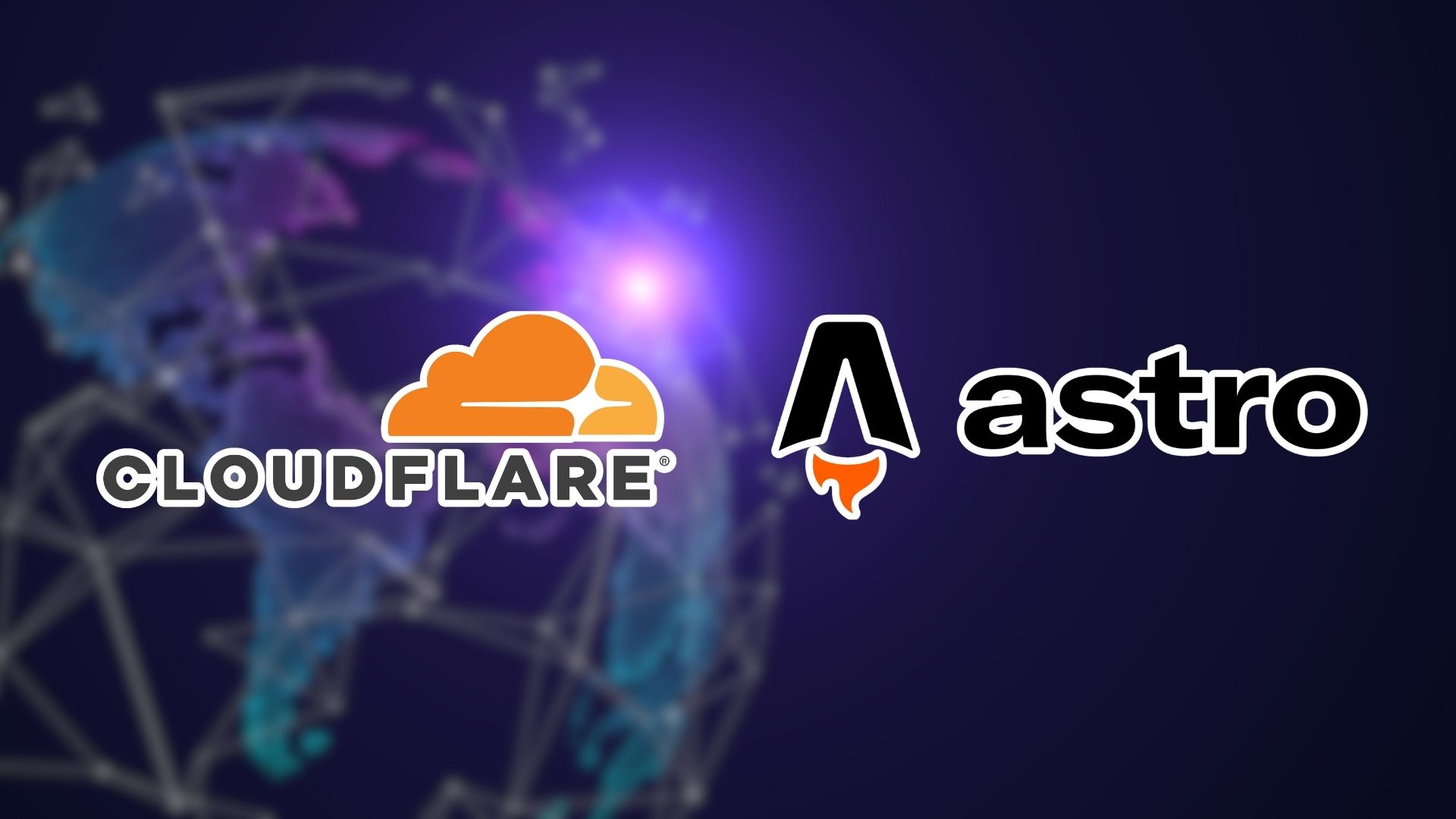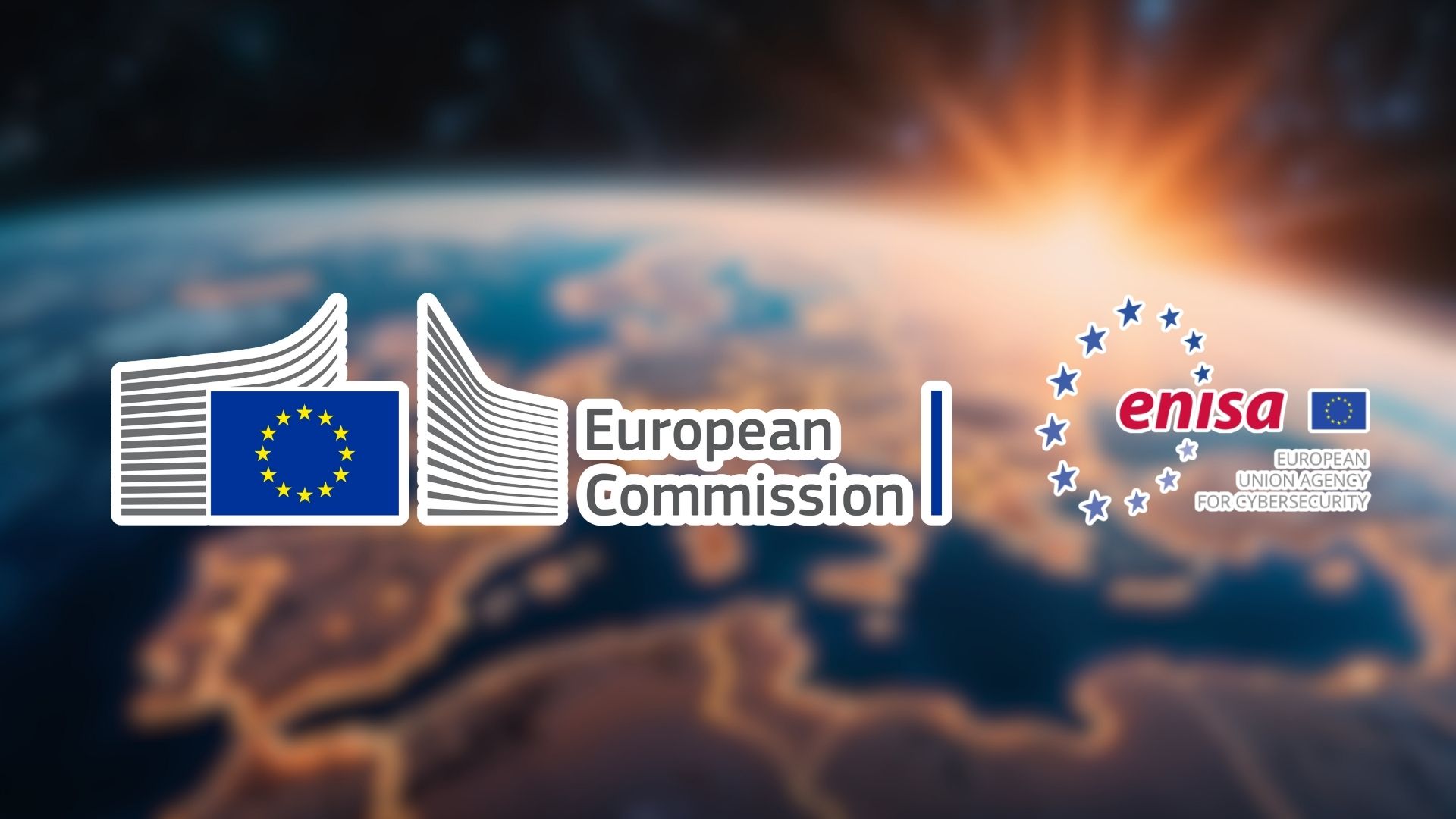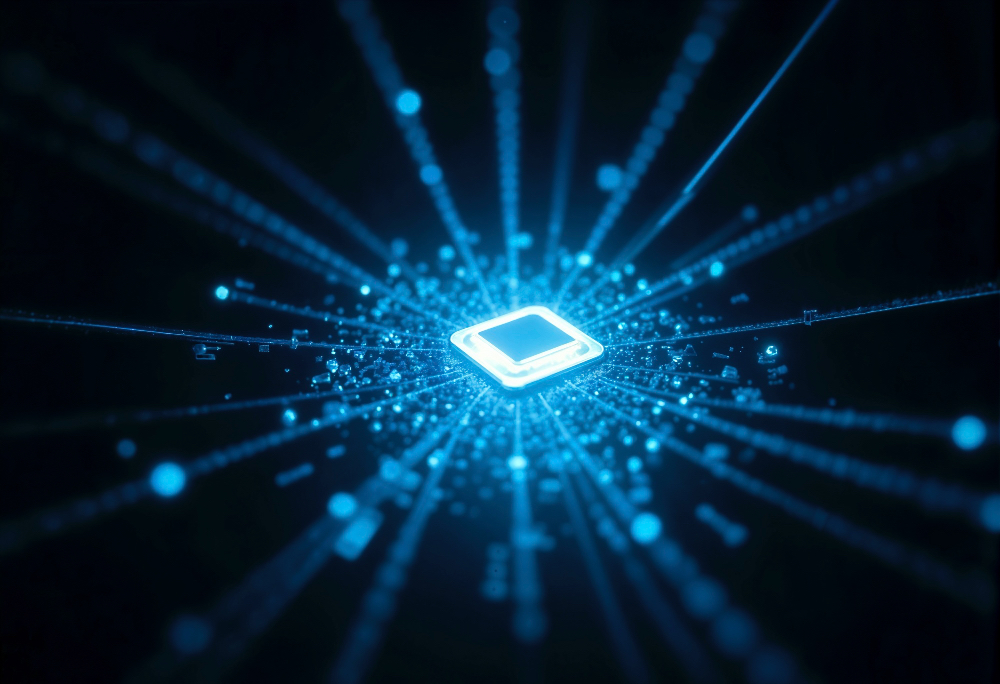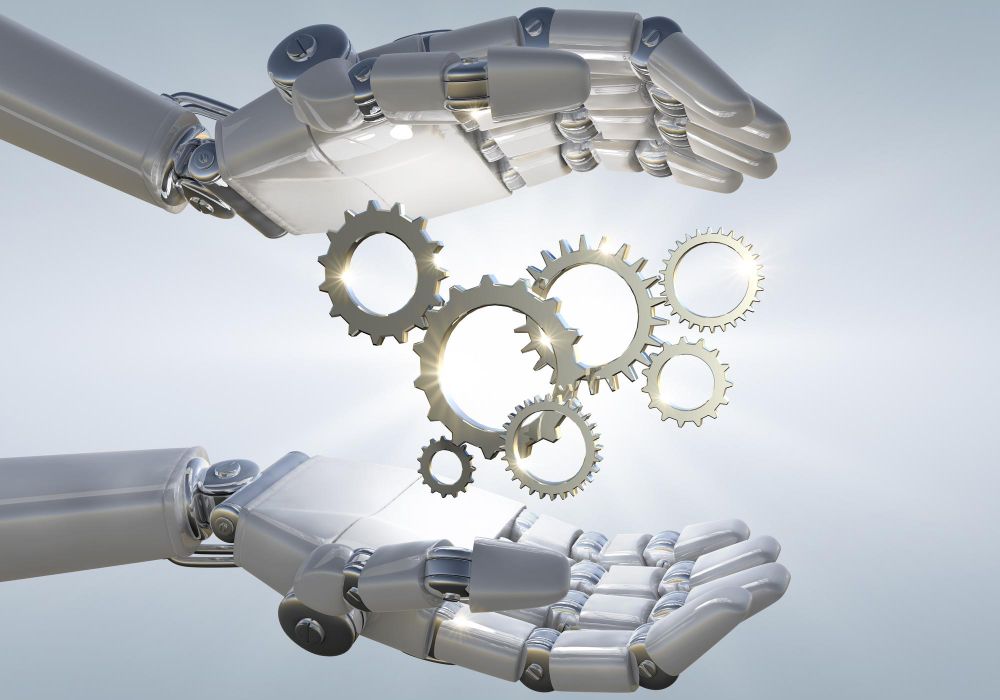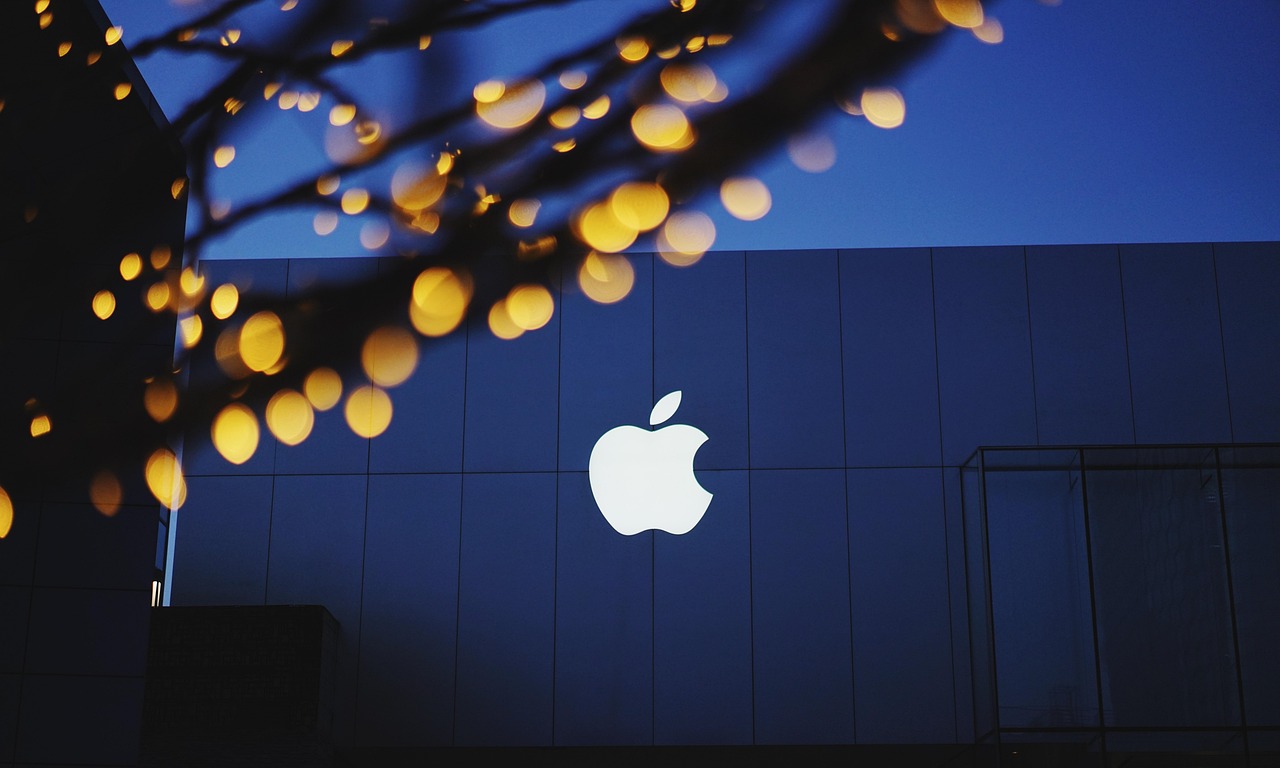Cisco has deepened its collaboration with OpenAI to embed agentic AI into enterprise software engineering. The approach reflects a broader shift towards treating AI as operational infrastructure rather than an experimental tool.
Integrating Codex into production workflows exposed it to complex, multi-repository, and security-critical environments. Codex operated across interconnected codebases, running autonomous build and testing loops within existing compliance and governance frameworks.
Operational use delivered measurable results. Engineering teams reported faster builds, higher defect-resolution throughput, and quicker framework migrations, cutting work from weeks to days.
Real-world deployment shaped Codex’s enterprise roadmap, especially around compliance, long-running tasks, and pipeline integration. The collaboration will continue as both organisations pursue AI-native engineering at scale, including within Cisco’s Splunk teams.
Would you like to learn more about AI, tech and digital diplomacy? If so, ask our Diplo chatbot!



